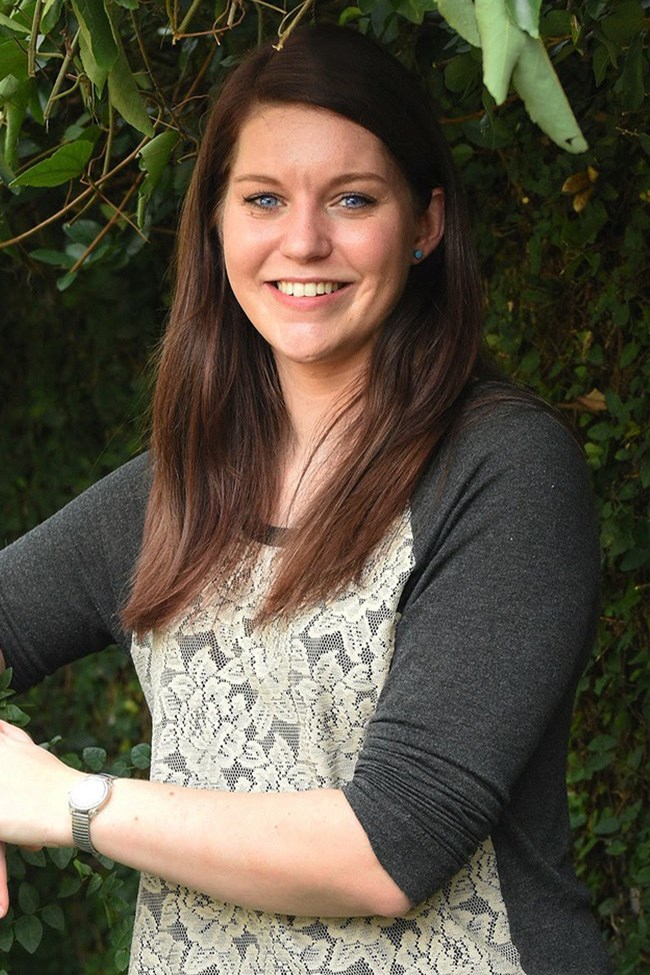Supporting Animal Research and Welfare
The University of Arkansas endorses and supports the responsible use of animals in research and teaching. The Animal Care and Use Program helps university faculty, staff, and students follow federal, state, and university policies related to the responsible use of animals in research and teaching. The university's Animal Care and Use Program is accredited by the Association for Assessment and Accreditation of Laboratory Animal Care International (AAALAC International).
Within the Animal Care and Use Program are the Institutional Animal Care and Use Committee (IACUC) and the Centralized Animal Facilities (CAF). The IACUC is responsible for ensuring compliance with all applicable regulations and guidelines governing the care and use of live, vertebrate animals in research, teaching, and training activities conducted by the university community. The CAF are a designated university service center, charging for animal care services provided to university researchers.
Research Integrity and Compliance Spotlight

Madison Earnheart has successfully obtained her Assistant Laboratory Animal Technician (ALAT) certification from the American Association for Laboratory Animal Science (AALAS). The certification is a testament to Madison's comprehensive understanding of the principles and practices in laboratory animal science. It signifies her proficiency in animal husbandry, health, and welfare, as well as her understanding of regulatory guidelines and ethical considerations within the field. Her ALAT certification not only showcases her individual accomplishments but also elevates the entire team by setting a high standard for professionalism and expertise. We look forward to witnessing her continued growth and success in the laboratory animal science field. Madison's dedication serves as an inspiration to us all, and we are fortunate to have her as an integral part of our team at the CAF. Please join us in congratulating Madison Earnheart on this remarkable achievement!
Research Integrity and Compliance Spotlight
Dr. Rebecca Kavanaugh has achieved Public Responsibility in Medicine and Research (PRIM&R) Certified Professional in IACUC Administration (CPIA) credential. The honor recognizes Dr. Kavanaugh’s command of IACUC responsibilities and knowledge in animal care and use. The credential also signifies that Dr. Kavanaugh has superior qualifications to perform IACUC functions in accordance with U.S. laws and policies, animal care ethical rules, and administrative best practices. Dr. Kavanaugh qualified for the credential after completing the eligibility requirements and passing the CPIA test. PRIM&R created the CPIA credential in 2007 to increase national standards in animal care and use programs. Congratulations, Dr. Kavanaugh!

Animal Care Events & Meetings
Committee meetings will be conducted via Teams or Zoom until further notice.
Here is a complete list of Research Integrity and Compliance events.
Reporting Animal Welfare Concerns
Any individual who has specific concerns that animals are not being used or treated in a humane and responsible manner by University faculty, staff, or students is encouraged to report such concerns to any member of the IACUC Program Staff (see below). The IACUC Chair, or other members of the IACUC appointed by the Chair, will investigate. If deficiencies are found, the IACUC will take whatever steps are necessary to ensure the safety and welfare of animals, and compliance with federal and state regulations and university policy on the care and use of animals in research, training and teaching activities.
Submit Anonymous Animal Welfare Report
Every effort will be made to protect the confidentiality, to the extent possible, of those reporting animal welfare concerns. Institutional members may not retaliate in any way against those reporting animal welfare concerns.